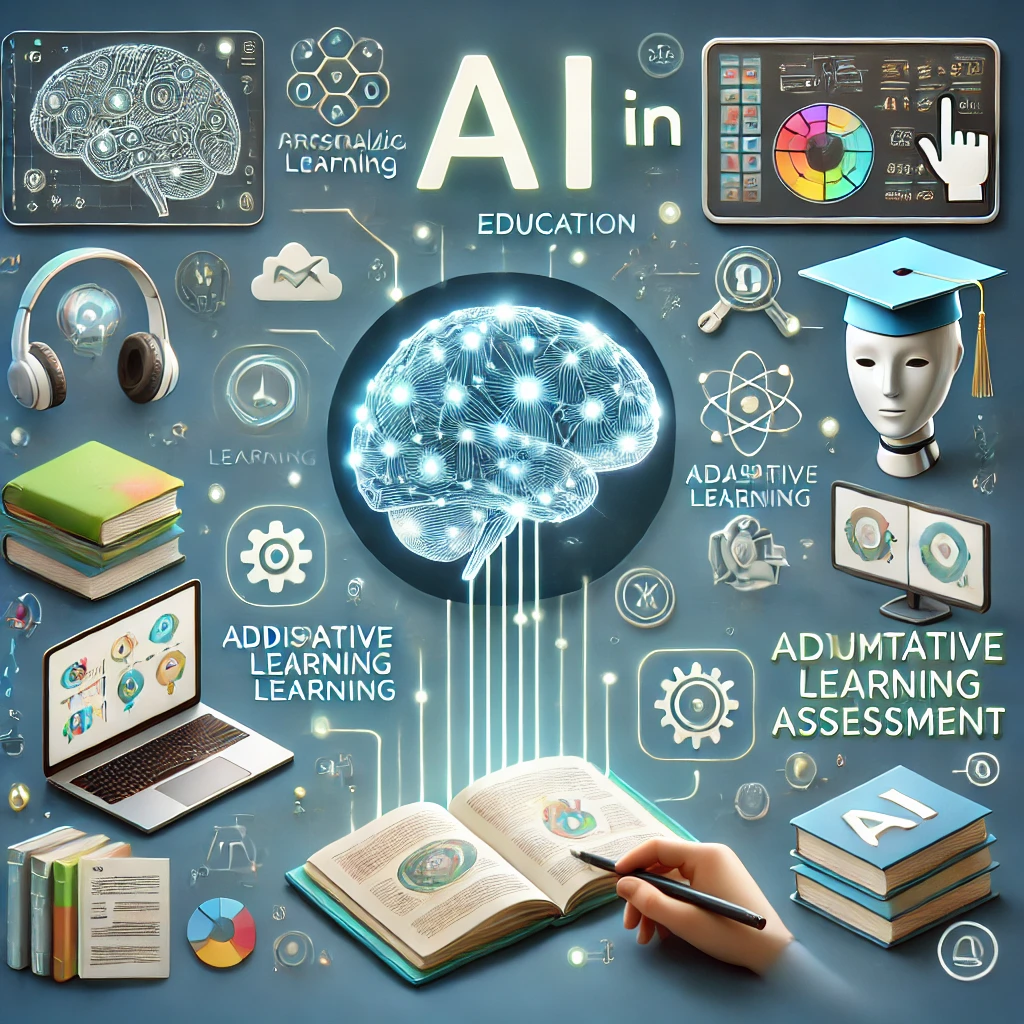Artificial Intelligence (AI) is transforming traditional approaches to education, making learning more individualized and effective. Personalized learning and automated assessment are two key areas where AI is actively implemented, creating an interactive and adaptive educational environment.
Personalized Learning
One of the biggest advantages of AI in education is its ability to tailor the learning process to the needs of each student.
- Adaptive Learning Platforms
AI-powered tools analyze students’ knowledge, abilities, and progress to create individualized learning plans. For example:
Dynamic content adjustment: Tasks are automatically tailored to the student’s level.
Identifying weak areas: AI helps students focus on topics they find challenging.
Recommendations for advanced study: Suggests additional resources for those seeking to deepen their knowledge.
- Support for Teachers
AI also assists educators by:
Providing detailed reports on students’ progress.
Identifying common challenges in the classroom.
Suggesting effective teaching methods based on group needs.
- Interactive Assistants
Chatbots and virtual assistants answer students’ questions in real time, ensuring access to knowledge 24/7.
Automated Assessment
Assessment is a critical part of education, but it often requires significant time and effort. AI simplifies and accelerates this process.
- Automated Test Grading
AI efficiently evaluates objective test formats, such as:
Multiple-choice questions.
Fill-in-the-blank tasks.
Matching exercises.
- Essay Analysis
Modern AI algorithms can:
Grade essays by evaluating structure, grammar, and argumentation.
Detect plagiarism in student work.
Provide detailed improvement suggestions.
- Generating Feedback
AI produces personalized feedback for each student, highlighting strengths and areas for improvement.
Benefits of AI in Education
Individualized Approach: AI considers the unique needs of each student.
Time Savings: Teachers can focus more on creativity and interaction.
Improved Education Quality: Accurate data analysis enhances teaching methods.
Accessibility: Learning becomes available to a wider audience through online platforms.
Challenges and Risks
Dependence on Technology: Overreliance on AI may diminish the role of teachers.
Data Privacy: The use of students’ personal information must comply with data protection standards.
Adaptation Needs: Teachers must learn new technologies, requiring time and resources.
Future Prospects
AI will play an increasingly significant role in education. In the future, we can expect:
Virtual Reality Classrooms: Where learning will be fully interactive.
Global Personalization: Learning platforms that adapt to any student, regardless of language or skill level.
Self-Learning Systems: Algorithms that improve themselves based on user experience.

